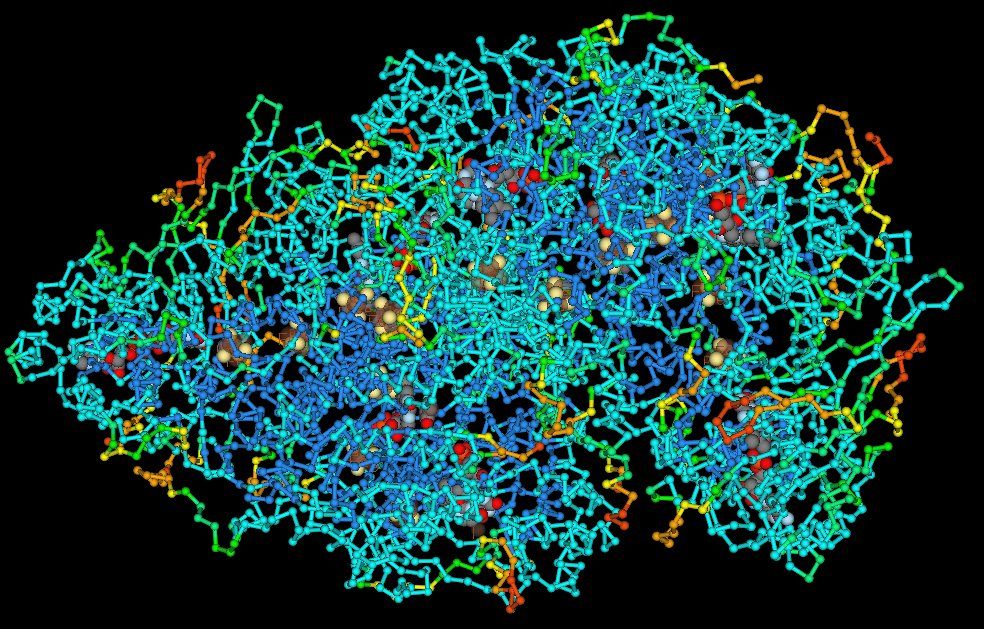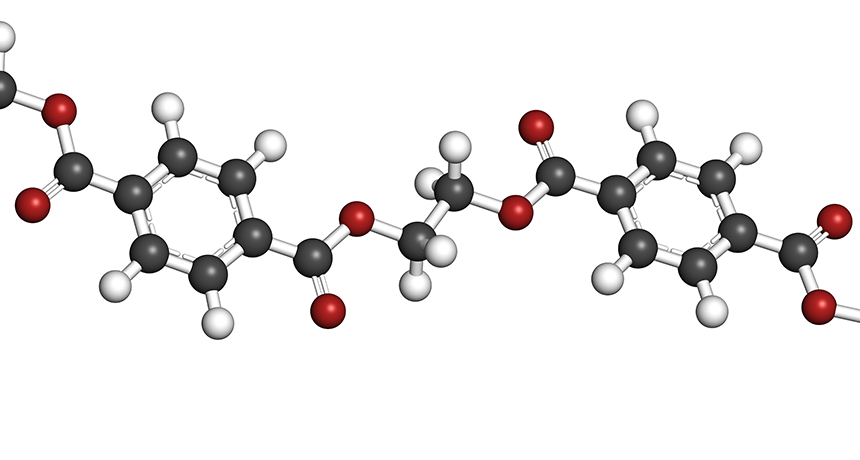Polymers in Medical Care: Improving Clinical Instruments and Treatments
Polymers in Medical Care: Improving Clinical Instruments and Treatments
Blog Article
Checking Out the Varied Applications and Advantages of Polymers in Different Industries
Polymers, with their varied series of properties and capabilities, have become vital in different industries, each reaping distinct gain from their application. Polymers. From improving security and performance in the automobile industry to reinventing clinical gadgets in the healthcare industry, polymers play an essential duty. In addition, their eco-friendly nature is modifying the landscape of sustainability practices. As we explore the midsts of polymers in electronic devices, we discover innovative advancements, while their structural integrity transforms the realm of construction and framework. The prevalent influence of polymers throughout markets is a testament to their convenience and flexibility, shaping the future of many industries.
Automotive Sector Applications
Polymers play a pivotal duty in improving the efficiency and resilience of numerous components within the automobile field. One famous usage of polymers in the automotive sector is in the production of lightweight parts.

Healthcare Industry Advantages
In different health care applications, the advantages of using polymers are commonly acknowledged for their diverse variety of valuable homes. Polymers play a critical duty in the medical care sector because of their convenience, biocompatibility, and cost-effectiveness. Among the key benefits of polymers in health care is their capability to be tailored to particular demands, such as versatility, longevity, and biodegradability, making them excellent for a vast array of clinical applications.
Polymer-based materials are thoroughly used in clinical gadgets, such as catheters, implants, prosthetics, and medication shipment systems, due to their biocompatibility and capacity to resemble natural cells. These products can minimize the risk of allergic responses or beings rejected, improving client safety and end results. Furthermore, polymers are lightweight, making them suitable for wearable clinical devices and guaranteeing patient convenience.
Additionally, polymers make it possible for the advancement of cutting-edge treatment approaches, such as hydrogels for tissue engineering and nanocomposites for targeted drug shipment. Their convenience of processing and sterilization makes them important for keeping high standards of health wikipedia reference in healthcare settings. On the whole, the diverse benefits of polymers contribute significantly to advancements in medical technology and person treatment.
Environmental Advantages of Polymers

Furthermore, polymers can add to power financial savings because of their light-weight nature. In industries such as transportation, lightweight polymer materials can help in reducing fuel intake and greenhouse gas discharges. Additionally, polymers can enable the development of energy-efficient products such as insulation materials that boost energy conservation in buildings.
Moreover, polymers play a vital function in minimizing water air pollution. As an example, using polymer-based filtration systems can effectively remove pollutants and impurities from wastewater, securing water sources and ecological communities. Generally, the environmental benefits of polymers make them valuable properties in advertising sustainability and green techniques across various sectors.
Polymers in Electronic Devices and Innovation
Considering the increasing demand for innovative and lasting options in modern sectors, the combination of advanced polymer modern technologies in the realm of electronics and modern technology has actually arised click for source as a critical strategy for driving effectiveness and efficiency. Polymers have actually transformed the electronic devices industry by making it possible for the production of lighter, more flexible, and durable digital devices. From smart devices to medical tools, polymers play a vital role in enhancing item design and capability.
One significant benefit of polymers in electronics is their protecting homes, which assist protect fragile digital components from ecological factors and electric disturbance. Additionally, polymers are crucial in the development of adaptable displays, wearable modern technology, and printed electronic devices, offering unlimited opportunities for creating wise and interconnected tools.
Furthermore, the use of polymers in digital product packaging has led to developments in miniaturization and thermal monitoring, boosting the overall performance and dependability of digital systems. As technology remains to evolve, the flexibility and adaptability of polymers will undoubtedly drive additionally technology in the electronics market, forming the future of modern technology.
Duty of Polymers in Construction and Infrastructure
Polymers provide numerous benefits in the building industry due to their versatility, longevity, and cost-effectiveness. One crucial role of polymers in building is have a peek here their usage in finishes and sealants, giving security against ecological variables such as wetness, UV radiation, and corrosion.
In addition, polymers play a critical function in lasting building practices by making it possible for the advancement of energy-efficient structures. Protecting materials made from polymers assist regulate interior temperatures, decreasing the need for home heating and cooling systems and eventually lowering energy intake. The usage of polymer-based composites in framework projects such as bridges and roads improves their long life and decreases maintenance costs. On the whole, the incorporation of polymers in building and framework showcases their considerable effect on modern engineering techniques.
Conclusion
In verdict, polymers play a crucial role in various markets such as automobile, health care, ecological, electronics, and building and construction. Their functional homes make them useful in developing cutting-edge remedies and items. From boosting gas effectiveness in vehicles to improving medical devices, polymers use various advantages. Additionally, their effect on decreasing waste and promoting sustainability highlights their significance in modern applications. The widespread usage of polymers shows their considerable contribution to progressing modern technology and boosting lifestyle.
Report this page